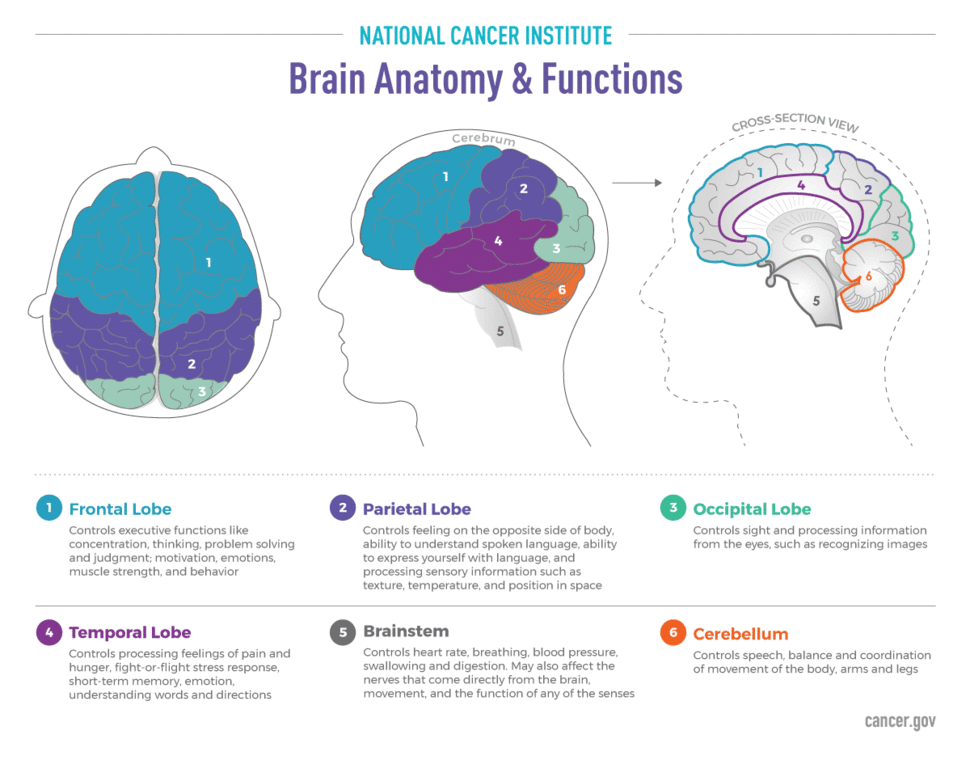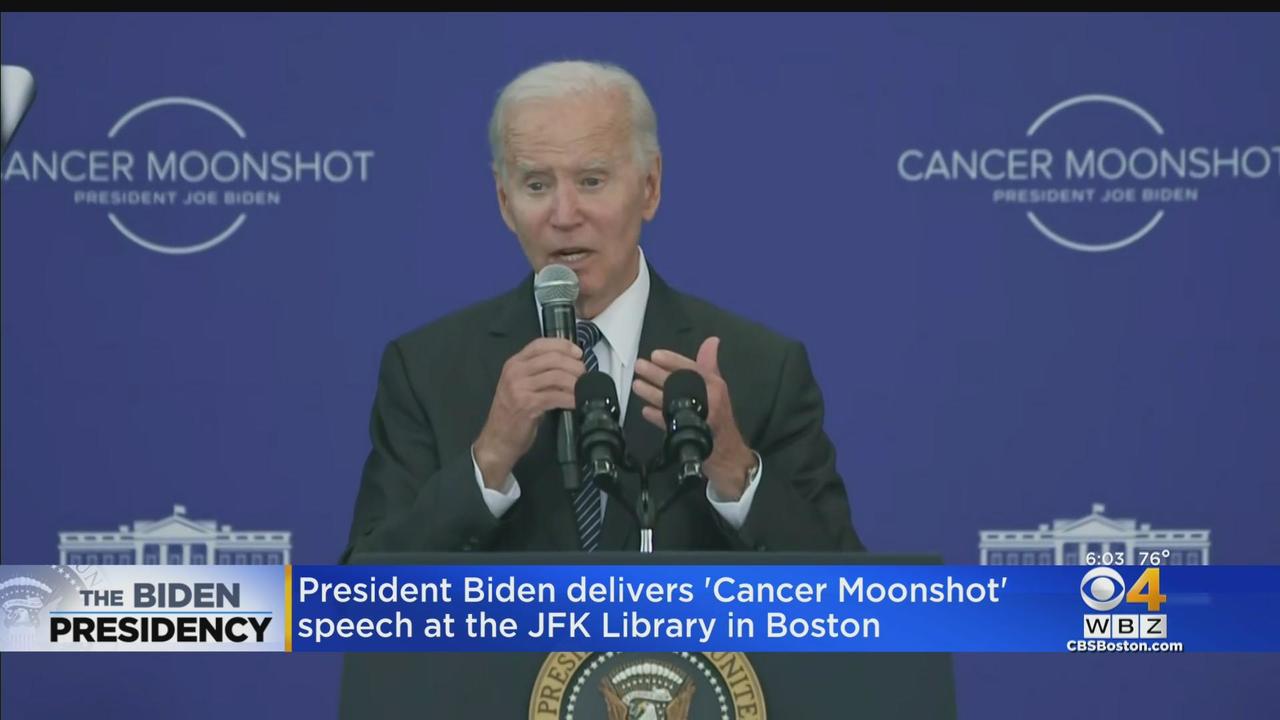Cancer is a devastating disease that affects millions of people around the world. It is a disease that can strike anyone, at any age, and it does not discriminate based on race, gender, or socioeconomic status. Despite the many advances in cancer treatment over the years, it remains one of the leading causes of death globally.
There are many different types of cancer, and each type is caused by the abnormal growth and division of cells in the body. These abnormal cells can spread to other parts of the body and form tumors, which can be cancerous or benign. Cancer cells can also interfere with the normal functioning of the body's organs and systems, leading to a range of symptoms and complications.
There are various risk factors for developing cancer, including genetics, environmental exposures, lifestyle choices, and certain medical conditions. While some of these factors cannot be controlled, there are many things that individuals can do to reduce their risk of developing cancer. This includes eating a healthy diet, getting regular exercise, avoiding tobacco and excessive alcohol consumption, and getting vaccinated against certain types of cancer-causing infections.
Early detection is also crucial in the fight against cancer. Many types of cancer can be more effectively treated when they are caught in the early stages. This is why it is important for individuals to pay attention to their bodies and seek medical attention if they notice any unusual changes or symptoms. Some common signs of cancer include persistent fatigue, unexplained weight loss, changes in bowel or bladder habits, and lumps or abnormalities in the breast or testicles.
Treatment options for cancer vary depending on the type and stage of the disease. Some common treatments include surgery, chemotherapy, radiation therapy, and targeted therapies. These treatments can help to kill or shrink cancer cells, but they can also have significant side effects. It is important for individuals to work closely with their healthcare team to determine the best treatment plan for their individual needs.
Cancer is a complex and challenging disease, and there is still much that we do not understand about it. However, advances in research and treatment are constantly being made, and there is hope for those facing a cancer diagnosis. It is important for individuals to educate themselves about cancer and the various options available for treatment and support. Together, we can work to reduce the impact of cancer on individuals and families around the world.







